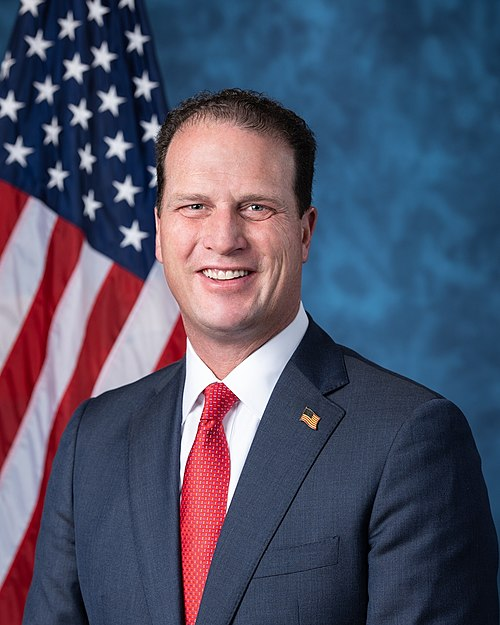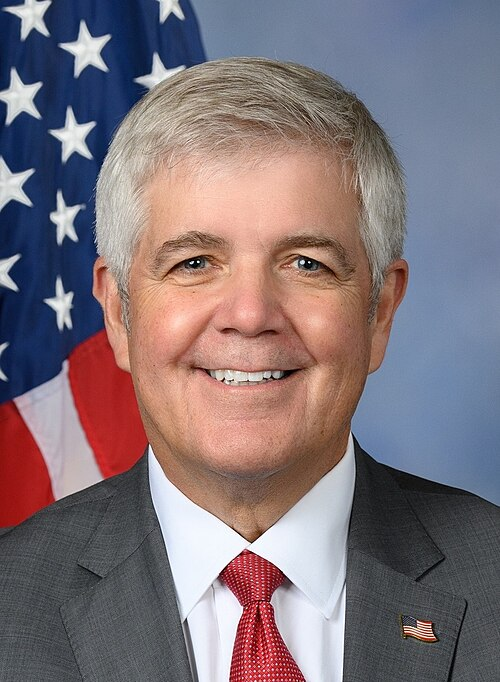H.R. 5526: Biosimilar Red Tape Elimination Act
This bill, known as the Biosimilar Red Tape Elimination Act, aims to streamline the process for determining if a biological product (which includes medicines made from living cells) is interchangeable with its reference product (the original version of the drug). Here’s a detailed breakdown of what the bill proposes:
Changes to Biological Product Evaluation
The bill proposes amendments to the process outlined in Section 351(k) of the Public Health Service Act. The key changes include:
- Removal of "or interchangeable": The term "or interchangeable" is to be removed from subsection headings, indicating a shift toward a clearer regulatory framework.
- Modifications to Application Requirements: The application submitted for licensure will need to demonstrate that a biological product is biosimilar to the reference product but will not have to include specific criteria that previously defined interchangeability.
- Deeming Interchangeability: The bill establishes that a biological product licensed after a certain date will automatically be considered interchangeable unless it is linked to another biological product with an existing exclusivity period.
Interchangeability Timing
The bill lays out specific provisions for when a biosimilar is considered interchangeable:
- If licensed after the enactment of this act, a product can be deemed interchangeable immediately.
- If licensed prior to the transition date defined in the bill, the product will be considered interchangeable on that specified transition date unless otherwise linked to specific exclusivity periods.
Preservation of Exclusivity Periods
The bill ensures that any existing exclusivity periods for previously licensed biological products, which were in effect before this act's enactment, will remain intact. This means that products that are already granted a period of exclusivity will not lose that status due to the reforms proposed by the act.
Guidance Updates
To facilitate these changes, the Secretary of Health and Human Services is required to:
- Update existing guidance on demonstrating interchangeability within 18 months of the bill's enactment.
- Issue revised guidance on the required data and information for licensure of biosimilars under this section.
General Provisions
The bill specifies that its amendments should not alter the existing standards for determining a biological product’s biosimilarity. Additionally, it clarifies that the Secretary retains the authority to impose further requirements for the evaluation of biosimilar products.
Relevant Companies
- AMGN (Amgen Inc.): As a biotechnology company with a portfolio of biosimilars, changes in regulatory requirements could directly affect its product offerings and market strategies.
- BMY (Bristol-Myers Squibb Company): This company could be affected as it develops and markets biosimilar therapies, potentially impacting its competitive landscape with regards to interchangeability regulations.
- SNY (Sanofi): As a global biopharmaceutical company, the bill's amendments may influence the way Sanofi brings biosimilar products to market.
This is an AI-generated summary of the bill text. There may be mistakes.
Sponsors
3 bill sponsors
Actions
2 actions
| Date | Action |
|---|---|
| Sep. 19, 2025 | Introduced in House |
| Sep. 19, 2025 | Referred to the House Committee on Energy and Commerce. |
Corporate Lobbying
0 companies lobbying
None found.
* Note that there can be significant delays in lobbying disclosures, and our data may be incomplete.


























